Autumn milk tea fever in China
In many countries, not just China, milk tea has become a habit, a pleasure for Chinese people. Every year, at the beginning of autumn, a special hashtag spreads across Chinese social media platforms: "The first cup of milk tea of autumn". This hashtag immediately creates a strong attraction, motivating millions of young consumers to access online applications and line up to buy a cup of milk tea to enjoy.
On August 7 alone, the first day of the Chinese Lunar New Year, more than 53 million cups of beverages were sold, up 34% from the same period last year. Ten brands had sales exceeding 1 million cups, contributing to the start of a bustling consumer season.
For businesses, this is clearly a valuable opportunity to boost sales, in the context of a rather tight marketing budget. According to data from Meituan, this year, about 250,000 beverage stores belonging to 100 famous brands launched promotional programs on the "shopping festival" of the billion-people country's milk tea industry.
For young Chinese consumers, a cup of autumn milk tea is not just a regular drink, but has become an emotional experience. Ordering a cup of milk tea is a way for them to express their emotions, take care of themselves or simply reward themselves with a small, cheap but meaningful joy.
That is also the general trend surrounding not only milk tea but also many other products for young consumers in China in recent years - a phenomenon that the country's press calls with a phrase, "Emotional Economy ".

In many countries, not just China, milk tea has become a habit, a pleasure to enjoy.
Young Chinese consumers focus on emotional experiences
As its name suggests, in the "emotional economy" trend, young people are not only interested in price, practical use or brand, but they are paying more attention to emotional experiences when spending money. Although it has only appeared in the past few years, this trend has initially created a significant shift in the consumption picture in the billion-people country.
Ninety percent of Chinese consumers born after 1995 place importance on “emotional value” when making purchases, according to a recent report by social media platform Soul App and the Shanghai Youth Research Center. Many shop for emotional value when they feel happy, while others do so when they feel sad, stressed, pressured, or lonely.
The shift between consumer generations is also becoming more evident. Instead of buying gifts for others like older groups of customers, those born after 1990 shop to pamper themselves and seek brands that suit their lifestyle.
This emotional shopping craze is not limited to tea and coffee, but has spread to many other products. For example, the consumer market for Japanese anime-themed products is growing rapidly, with sales of $23.7 billion last year. Many young people see it as a way to connect emotionally and express their personality.
Ms. Li Jinghang - Henan Province, China said: "These items are all bought and decorated by myself, and they will help me more conveniently when looking for people with the same passion. For example, when I am walking on the street, people behind me see my handbag and can immediately recognize that I also like the same type of characters as them."
Another example is the hit animated film "Nobody" released in August. By portraying the feelings of "ordinary" people in the cycle of making a living, the film attracted the sympathy of young people, quickly becoming a box office phenomenon in China. Along with that, there were more than 200 product lines and 800 derivative merchandise codes based on the theme of the film.
One resident shared: “I bought the headband and the key chain. I heard there was a themed event for this movie, so I came to check it out. My friends and I took pictures, it felt like we were interacting with the characters in the movie.”
In an uncertain economic environment, young Chinese consumers are generally cautious. However, if they find products and services that touch their emotions, they are still willing to spend money, whether it is buying stuffed animals, going to concerts, or spending money on virtual companions powered by artificial intelligence (AI).
The potential of China's emotional consumption market
As young people gradually become the mainstream consumer class, this shift in spending trends is expected to have a major impact on the Chinese consumer market and could become a potential growth driver. Reports show that emotional consumption has become the core driving force of the Gen Z consumer market in China and its influence is growing rapidly.
On average, this group spends 949 yuan ($133) a month on products or services with emotional value, with 18% willing to spend more than 2,000 yuan. Products such as Labubu plush toys, mystery gift boxes, stress-relieving toys, etc. have all recorded a surge in searches and sales, far exceeding the retail industry's sales growth rate.
According to Future Marketing's forecast, the scale of China's emotional consumption market has achieved a compound annual growth rate of about 12% since 2013 and is expected to exceed 2,000 billion yuan (about 280 billion USD) this year.

Healthcare services, cultural products and beauty brands are also repositioning to meet new needs.
New impetus for Chinese consumer businesses
It is estimated that more than 55,000 businesses have entered the emotional consumer market in China in the past five years, seeing its huge potential. However, besides the opportunities, there are also many challenges, because emotions are elusive and changeable. This forces businesses to constantly innovate and innovate products, thereby upgrading the customer experience and creating a unique mark for their brand.
In many major cities in China, meditation studios are packed after work hours as young people seek to relax, recharge and achieve emotional comfort.
Ms. Ye Weiwei - CEO, BYMB Yoga, Shanghai commented: “The demand for emotional consumption is on the rise in China, driven by the desire to relieve stress and the growing awareness of the importance of emotions, especially among women. For many, meditation brings calm and helps them to lift their spirits.”
To meet this need, many services have been deployed. In addition to yoga, specialized courses are also attracting attention, such as neurography therapy, which combines visual patterns with psychological training techniques.
“Emotional coaching is used for life coaching, project development, vision expansion and any other needs you may have. You can use this method to relieve stress and calm down,” says Ananga, a psychology lecturer.
Meanwhile, healthcare services, cultural products and beauty brands are also repositioning to meet new needs that combine self-care and consumer needs.
“We focus on creating emotions and uplifting the spirit. Today, on social media, when consumers search for fragrances, they often associate it with emotions. For example, if you look at the e-commerce platform RedNote, you will see a 700% increase in searches for fragrances that make people look “cooler”, make them feel more confident,” said Eymeric Monange, General Manager of Luxury Brands and E-commerce, Coty China.
According to experts, changes in the consumer market are placing higher demands on companies, from understanding the market to flexibility in design and production. The most successful businesses are those that know how to combine touching the right emotions with fast execution speed, thereby improving the customer experience. In addition, creating products and services that are low cost but bring superior satisfaction will also help businesses be more durable through economic cycles.
Source: https://vtv.vn/tu-con-sot-tra-sua-mua-thu-den-xu-huong-tieu-dung-cam-xuc-100251015113340386.htm




![[Photo] Conference of the Government Party Committee Standing Committee and the National Assembly Party Committee Standing Committee on the 10th Session, 15th National Assembly](https://vphoto.vietnam.vn/thumb/1200x675/vietnam/resource/IMAGE/2025/10/15/1760543205375_dsc-7128-jpg.webp)

![[Photo] The 18th Hanoi Party Congress held a preparatory session.](https://vphoto.vietnam.vn/thumb/1200x675/vietnam/resource/IMAGE/2025/10/15/1760521600666_ndo_br_img-0801-jpg.webp)
![[Photo] Many dykes in Bac Ninh were eroded after the circulation of storm No. 11](https://vphoto.vietnam.vn/thumb/1200x675/vietnam/resource/IMAGE/2025/10/15/1760537802647_1-7384-jpg.webp)

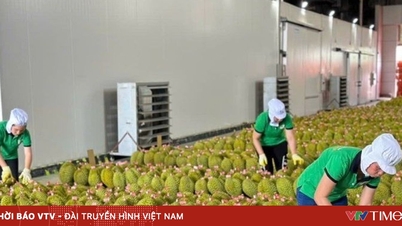






















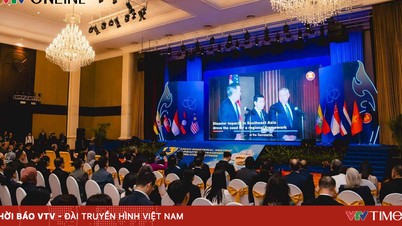
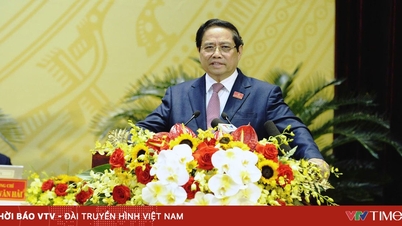
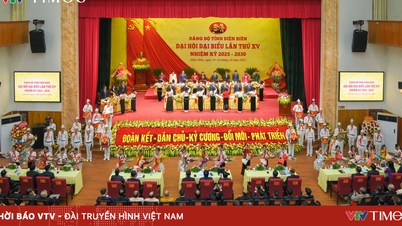







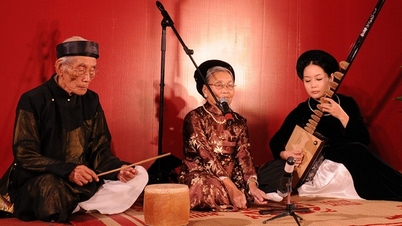




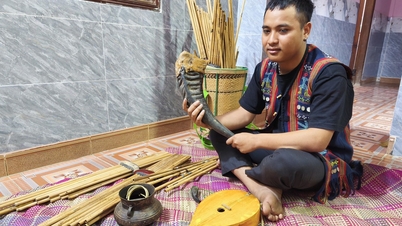

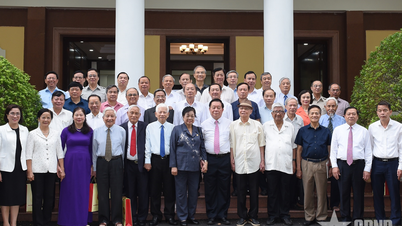






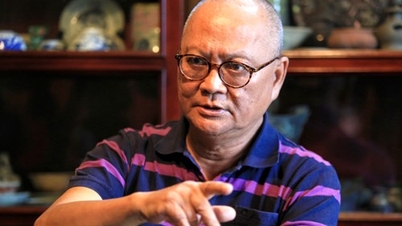
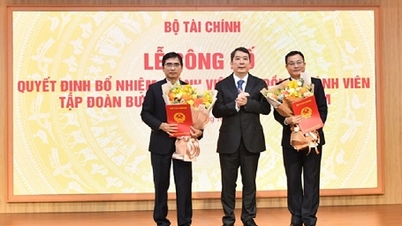

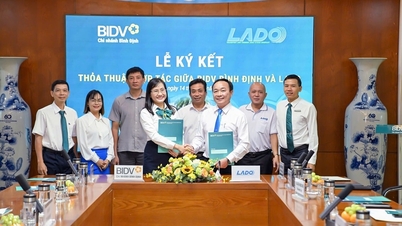










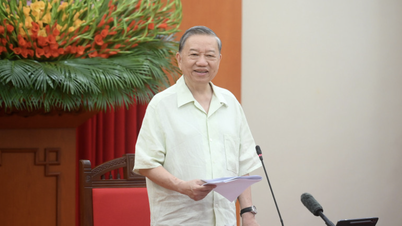
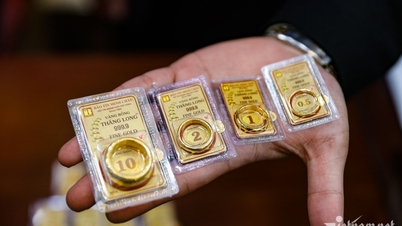


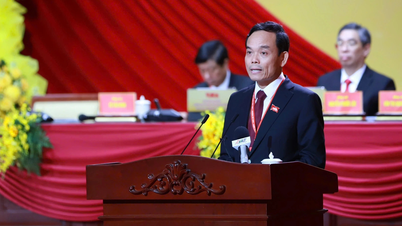
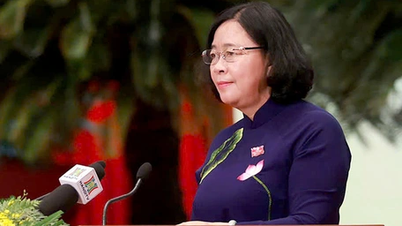


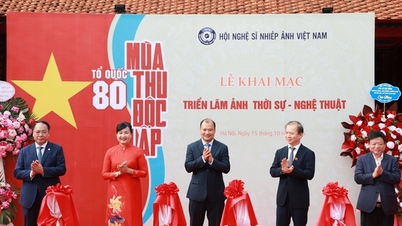

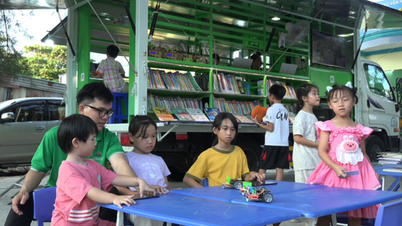
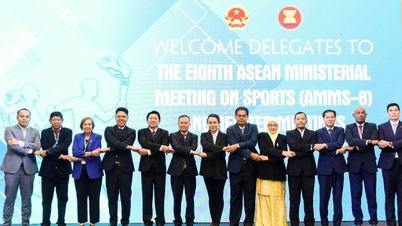
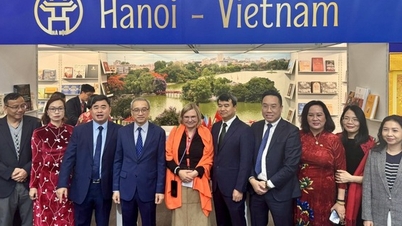


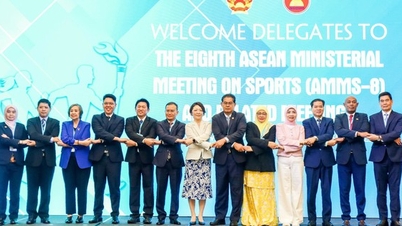



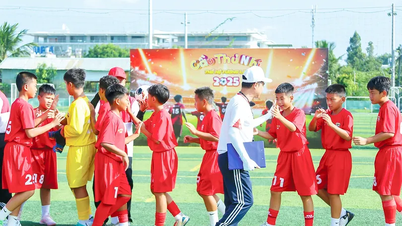










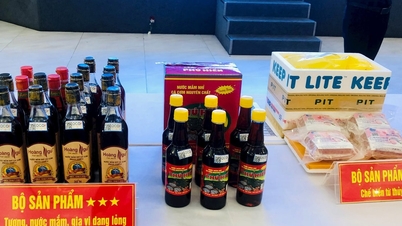







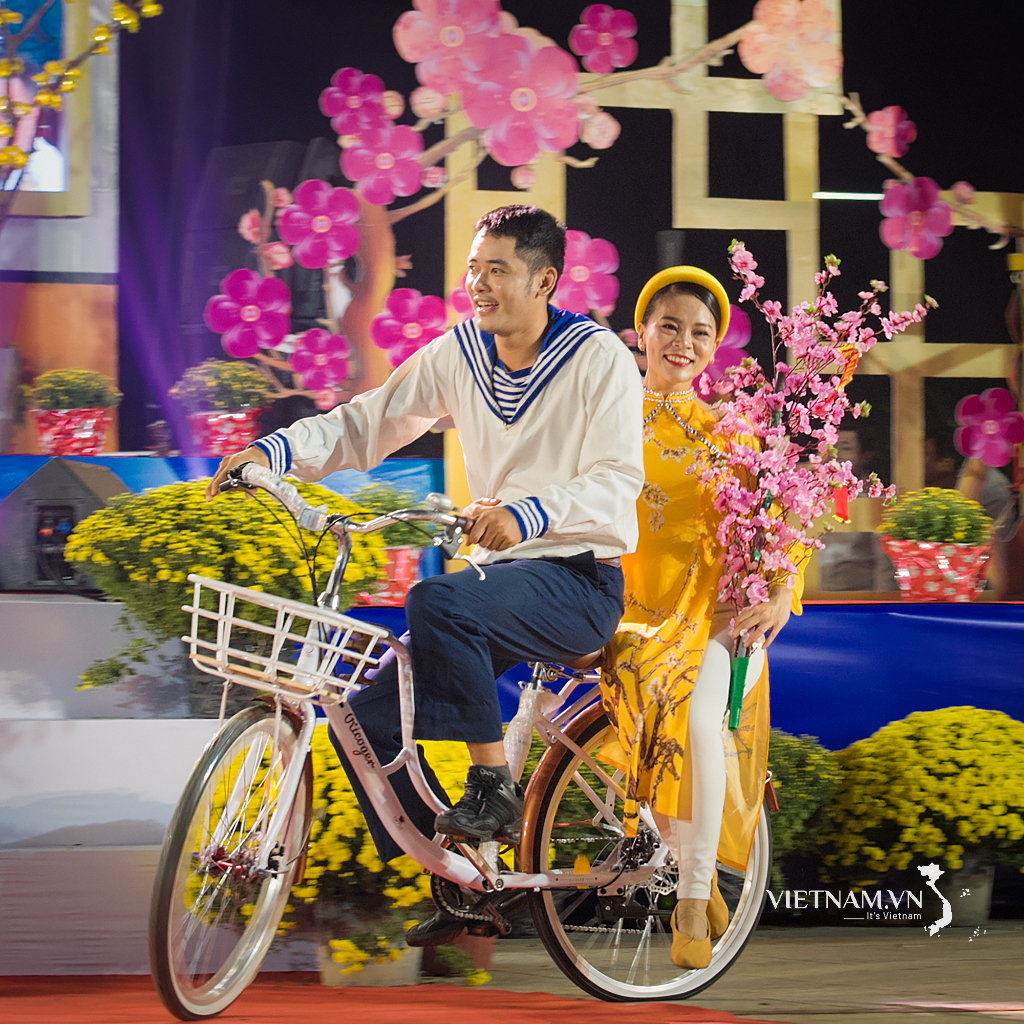
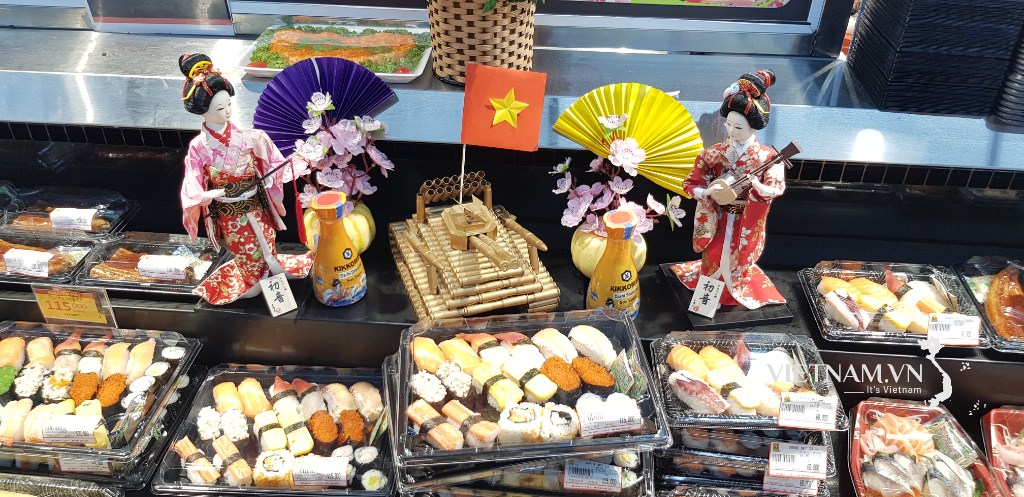
Comment (0)